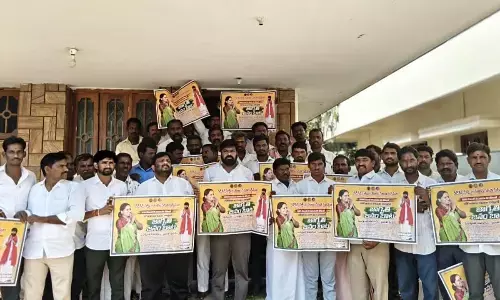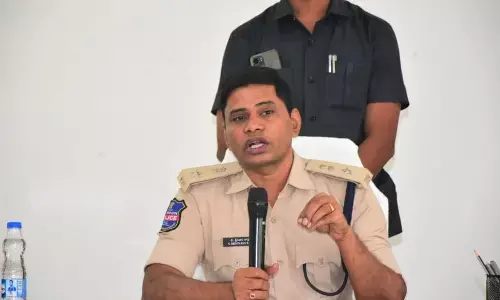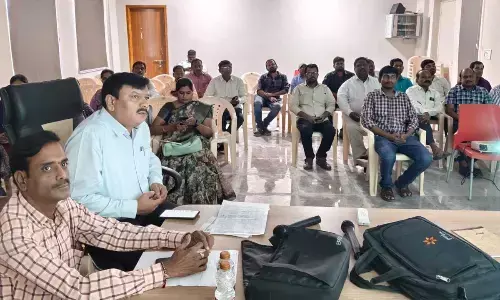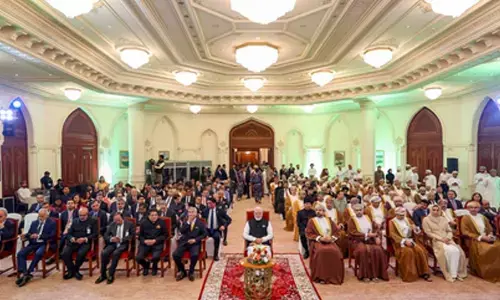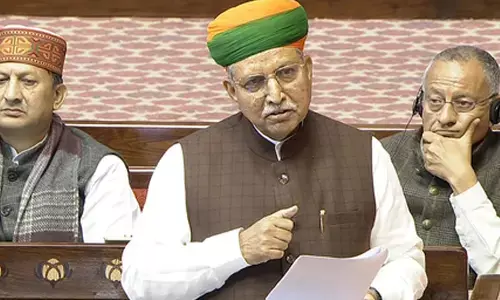Rescuers race to find survivors after Japan floods kill at least 112
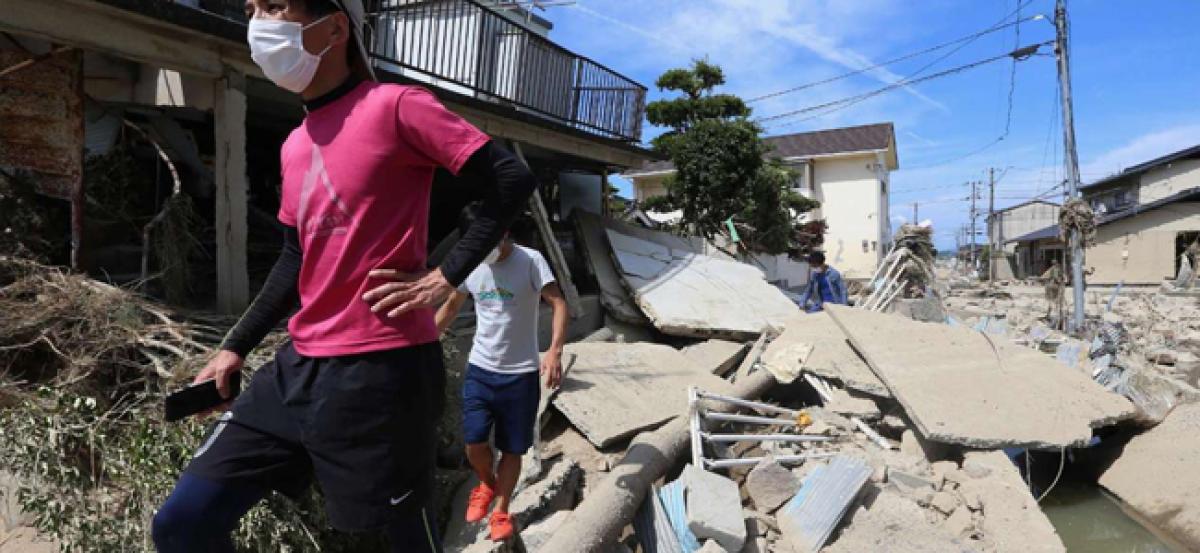
Rescuers in Japan dug through mud and rubble on Monday, racing to find survivors after torrential rain unleashed floods and landslides that killed at least 112 people, with dozens missing
KURASHIKI, Japan: Rescuers in Japan dug through mud and rubble on Monday, racing to find survivors after torrential rain unleashed floods and landslides that killed at least 112 people, with dozens missing.
Prime Minister Shinzo Abe canceled an overseas trip to deal with Japan’s worst flood disaster since 1983, with several million people forced from their homes.
Officials said the overall economic impact was not clear.
Rain tapered off across the western region on Monday to reveal blue skies and a scorching sun that pushed temperatures well above 30 Celsius (86 Fahrenheit), fuelling fears of heat-stroke in areas cut off from power or water.
“We cannot take baths, the toilet doesn’t work and our food stockpile is running low,” said Yumeko Matsui, whose home in the city of Mihara, in Hiroshima prefecture, has been without water since Saturday.
“Bottled water and bottled tea are all gone from convenience stores and other shops,” the 23-year-old nursery school worker said at an emergency water supply station.
Some 11,200 households had no electricity, power companies said on Monday, while hundreds of thousands had no water.
The death toll reached at least 112 with several million from their homes, NHK public television said. A nine-year-old boy was among the dead and 78 people were missing, NHK said.
Though the persistent rain had ended, officials warned of sudden showers and thunderstorms as well as of more landslides on steep mountainsides saturated over the weekend.
A ruling party official said Prime Minister Abe had canceled his trip to Belgium, France, Saudi Arabia and Egypt because of the disaster. He had been due to leave on Wednesday.
Industry operations have also been hit, with Mazda Motor Corp saying it was forced to close its head office in Hiroshima on Monday.
The automaker, which suspended operations at several plants last week, said the halt would continue at two plants until Tuesday because it could not receive components, although both units were undamaged.
Daihatsu, which suspended production on Friday at up to four plants, said they would run the second evening shift on Monday.
Electronics maker Panasonic said operations at one plant remained suspended after the first floor was flooded.
GRIM RECOVERY
Refineries and oil terminals were not affected but blockages in roads leading to one Showa Shell oil terminal in Hiroshima caused gas and diesel shortages nearby.
Shares in some companies fell but losses were modest, with Mazda even gaining as investors bet damage was limited.
“If the rainfall affects supply chains, there will be selling of the affected stocks,” said Norihiro Fujito, chief investment strategist at Mitsubishi UFJ Morgan Stanley Securities.
“Otherwise, the impact will be limited.”
Elsewhere, people soldiered on with a grim recovery.
The floodwaters slowly receded in Kurashiki city’s Mabi district, one of the hardest hit areas, leaving a thick coat of brown mud, as residents returned from evacuation centers and hotels to tackle the mess.
“I’ve never experienced anything like this is my life, and I’ve lived for more than 70 years,” said Hitoko Asano, 71.
“The washing machine, refrigerator, microwave, toaster, PC - they’re all destroyed,” she said as she cleaned her two-story house.
“Clothes in the drawers were all damaged by muddy water, we won’t even bother to wash them. I can’t help wondering how much it’ll cost to repair this.”
At one landslide in Hiroshima, shattered piles of lumber marked the sites of former homes, television images showed. Other homes had been tossed upside down.
Although evacuation orders were scaled sharply back from the weekend, some 1.7 million people still face orders or advice to keep away from homes, fire and disaster officials said.
The economic impact was being assessed.
“There has been some serious impact on transport and other infrastructure, while some companies have been forced to temporarily halt production,” Yasuhiro Yamada, the Bank of Japan’s Osaka branch manager, who oversees the Kansai area, told a news conference.
“The disruption in goods distribution could also have some unexpected impact on manufacturers and non-manufacturers.”
Japan monitors weather conditions and issues warnings early, but its dense population means every bit of usable land is built on in the mostly mountainous country, leaving it prone to disasters.









